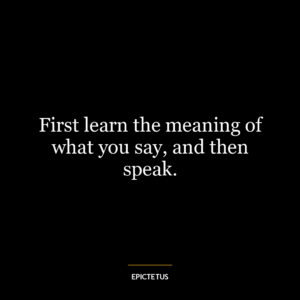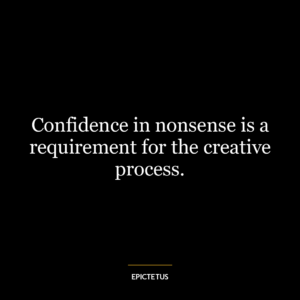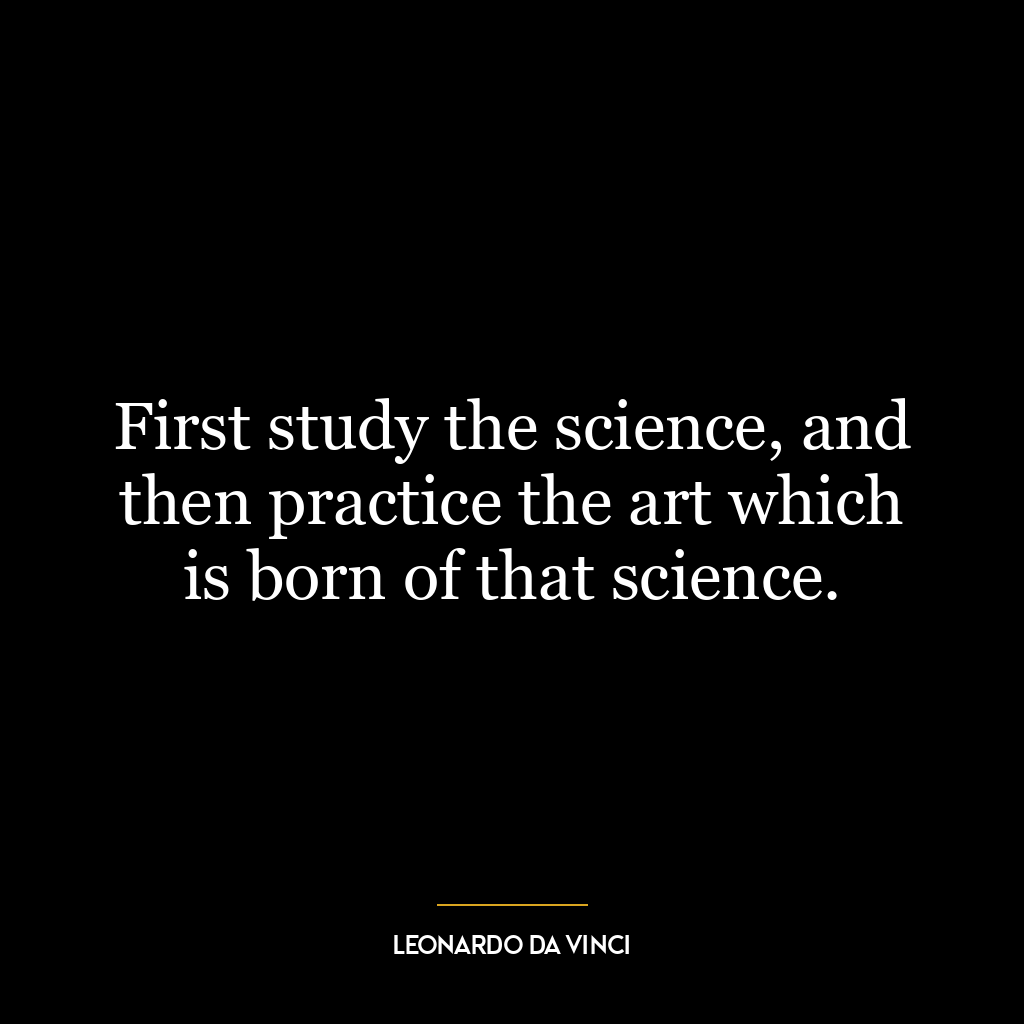This quote is an assertion that the wisdom of philosophers isn’t easily grasped and requires a great deal of patience and practice to truly understand. It suggests that the ideas and concepts philosophers discuss are complex and profound, requiring more than just casual listening to comprehend fully. In essence, it’s not enough to simply hear the words of philosophers; one must actively engage with the material, think critically about it, and take time to reflect on its meaning.
To “listen” in this context goes beyond the act of hearing; it involves understanding and internalizing what is being said. It’s about being open-minded, patient, and persistent in the pursuit of knowledge. Philosophers often explore abstract concepts and ideas that challenge conventional thinking and can be difficult to understand without focused attention and contemplation.
In today’s fast-paced world, the idea of taking time to listen, understand, and reflect is more relevant than ever. In an age of information overload, where we are constantly bombarded with news, opinions, and facts, the ability to listen attentively and critically is crucial. Whether it’s in our professional lives, personal relationships, or our understanding of the world, being a good listener can lead to deeper understanding, better decision-making, and ultimately, personal growth.
In terms of personal development, this idea encourages us to slow down, be patient and invest time in understanding complex ideas or skills. Whether we’re learning a new language, a musical instrument, or a philosophical concept, the key to mastery is patient and persistent practice. This quote reminds us that there are no shortcuts to understanding – it comes with time, practice, and a willingness to listen and learn.














